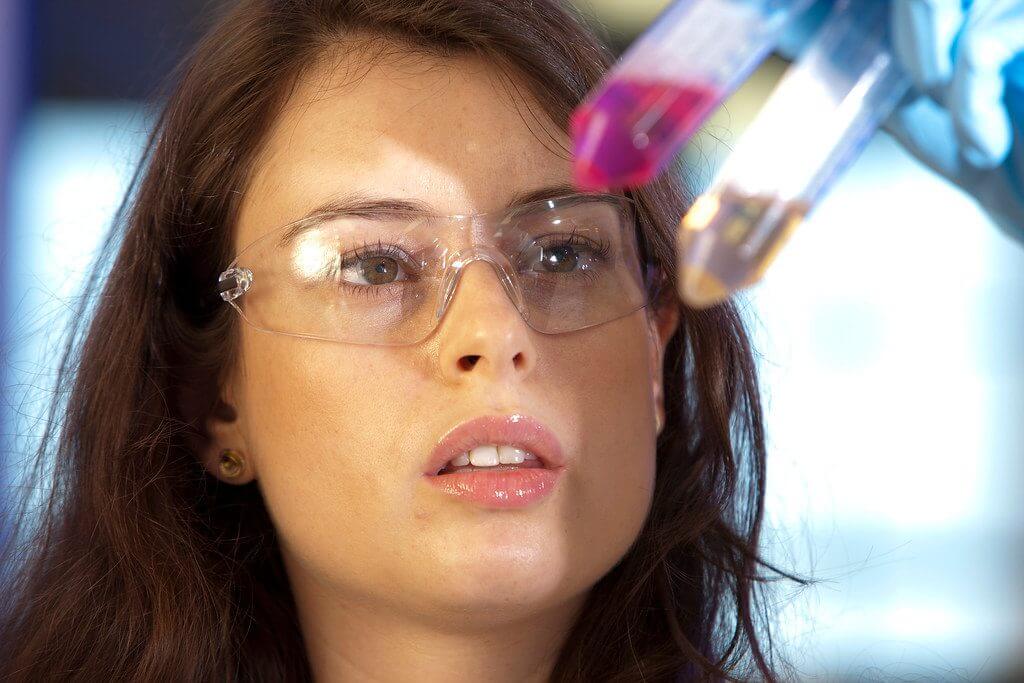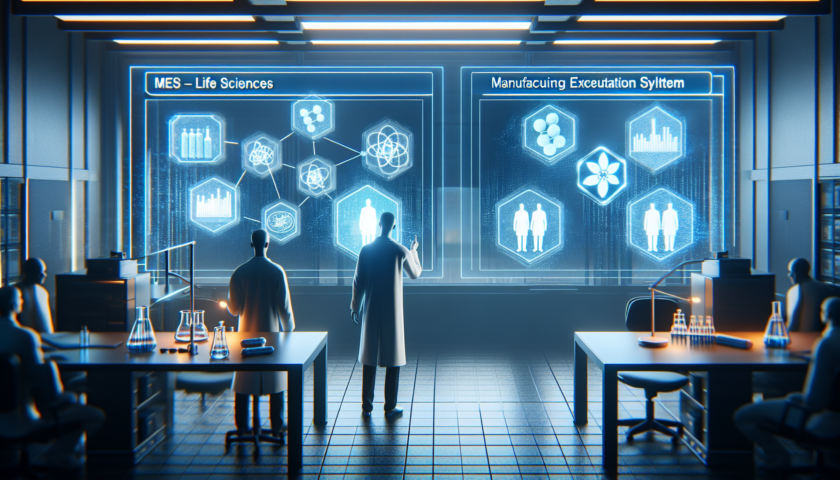Upstream and downstream are terms used in pharmaceutical manufacturing to describe different stages of the production process.
Upstream refers to the initial stages of manufacturing, which involve the cultivation and growth of cells or organisms that produce the desired drug or therapeutic substance. This can include activities such as cell line development, fermentation, and primary purification.
Downstream refers to the subsequent stages of manufacturing, which involve the purification, separation, and processing of the drug substance obtained from upstream processes. Downstream activities typically include filtration, chromatography, crystallization, and formulation.
In summary, upstream processes focus on generating the desired drug substance, while downstream processes focus on refining and purifying that substance into a usable form for pharmaceutical products. Both upstream and downstream processes are crucial for the overall success and quality of pharmaceutical manufacturing.




